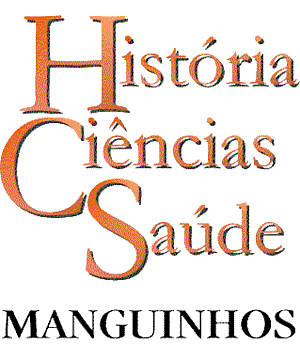In this article, I advocate linking physics and literature as a useful way of interpreting the world. To this end, I use the philosophy of Gaston Bachelard and his discussion of "epistemological profiles," which embrace philosophical doctrines running the gamut from naïve realism to ultra-rationalism while also including the determinist empiricism of classical physics and the indetermination of contemporary physics. Special attention is drawn to the latter two as I undertake a metaphorical analysis of the epistemological profiles of some major nineteenth- and early-twentieth-century writers who exemplify the transition between the two philosophical doctrines. On one end of this transformational bridge was the literary writing style that conveyed a worldview influenced by classical physics-represented by Edgar Allan Poe, Gustave Flaubert, Emile Zola, and Augusto Zaluar-and on the other, a writing style born under the influence of contemporary physics, found in the writings of Fyodor Dostoyevsky and William Faulkner.
physics and literature; the teaching of physics; interdisciplinarity; philosophy of science
